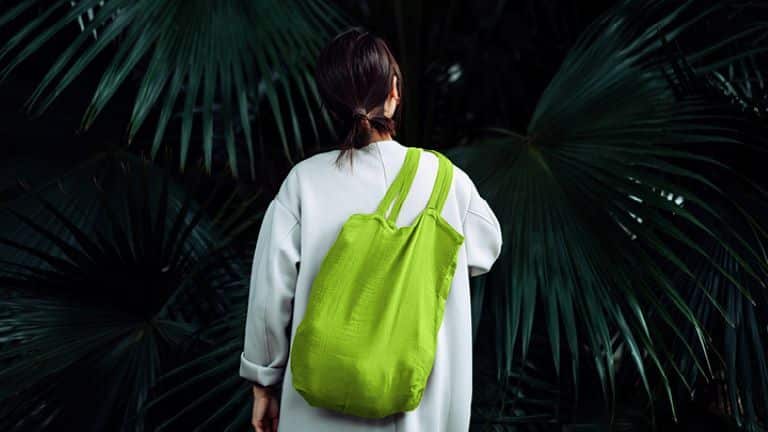Sustainable fashion: Trends and practices

Exploring sustainable fashion reveals a world where style meets environmental consciousness. This transformative movement aims to reduce the fashion industry's colossal impact on our planet.
This post delves into the latest trends and practices within eco-friendly apparel, offering insights into how every consumer can contribute to a greener future through their wardrobe choices.
Sustainable Fashion: A Comprehensive Overview
At its core, sustainable fashion represents an urgent shift towards manufacturing and consuming apparel in environmentally and ethically responsible ways. It challenges the conventional fashion industry's norms by prioritizing longevity, minimal environmental impact, and fair labor practices.
Significant trends in this sector include the use of recycled materials, supporting small-scale artisans, and embracing second-hand or vintage clothing. Moreover, there's an increasing demand for transparency regarding production practices among leading brands.
The importance of ethical fashion choices highlights why it is crucial for both consumers and producers to take responsibility for their impact on the world.
To truly embrace eco-conscious apparel, understanding the lifecycle of clothing—from design to disposal—is essential. This knowledge empowers consumers to make informed choices that align with their values.
Revolutionizing Materials and Methods
One of the most exciting developments in eco-conscious fashion is the innovation in sustainable materials. Beyond organic cotton, the industry is exploring newer, less resource-intensive options like bamboo, hemp, and recycled polyester.
Additionally, brands are adopting low-impact manufacturing processes which include water recycling, using renewable energy sources, and reducing chemical use.
Through Brands leading the way in sustainable fashion, we can witness the significant strides being made by companies committed to changing the industry for the better.
Embracing Second-Hand and Vintage
The rise of thrift culture is not just a trend; it's a vital component of sustainable fashion. By reusing and recycling existing garments, the demand for new productions decreases, significantly lowering the fashion industry's environmental footprint.
Second-hand shopping, swapping, and upcycling not only offer unique style options but also encourage a more personal and creative relationship with our wardrobes.
Platforms and marketplaces dedicated to pre-loved fashion have made it easier than ever to shop sustainably, broadening access to affordable, high-quality, and environmentally friendly clothing.
Consumer Influence: Driving Change Through Demand
Ultimately, the power to shape the future of the fashion industry lies with the consumer. By prioritizing sustainability in our shopping habits, we send a clear message to brands about the values we want them to uphold.
Asking questions about production practices, choosing quality over quantity, and supporting brands that align with eco-friendly principles are concrete ways consumers can foster industry-wide change.
How to start incorporating sustainable fashion into your life provides practical tips for beginning this journey, emphasizing that even small changes can make a significant impact.
Looking Ahead: The Future of Fashion
As we look towards the future, it's clear that sustainable fashion isn't just a passing fad—it's a necessary evolution of the industry. Emerging designers are integrating eco-consciousness into their DNA, and consumers are becoming more informed and demanding regarding their apparel choices.
Technology also plays a crucial role, with innovations in fabric production, recycling processes, and digital fashion promising to further reduce the industry's environmental impact.
Together, these trends and practices represent a hopeful vision for a fashion industry that honors our planet and its inhabitants. By embracing sustainability, we have the opportunity to redefine what fashion means in the 21st century.
In conclusion, sustainable fashion is more than just an ethical choice; it's a comprehensive approach to rethinking how we view, consume, and value clothing. By supporting responsible brands, adopting second-hand shopping, and demanding transparency, we can all contribute to a more sustainable and just fashion industry. The journey towards eco-friendly apparel is an ongoing one, but with each step, we move closer to a future where fashion and sustainability are inextricably linked.

Related